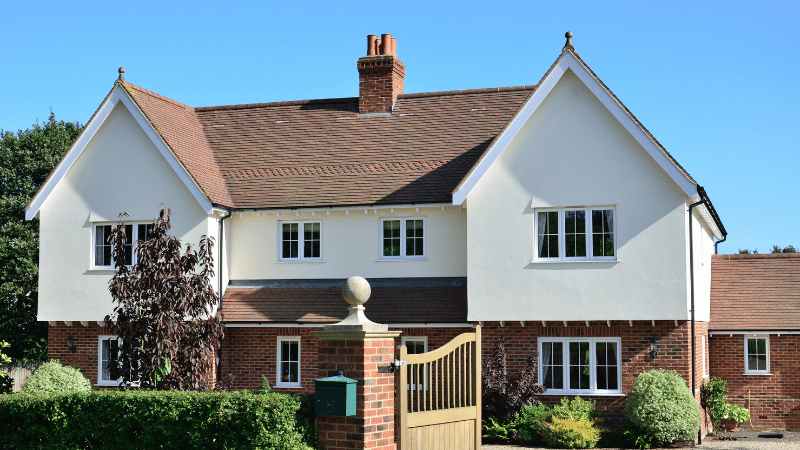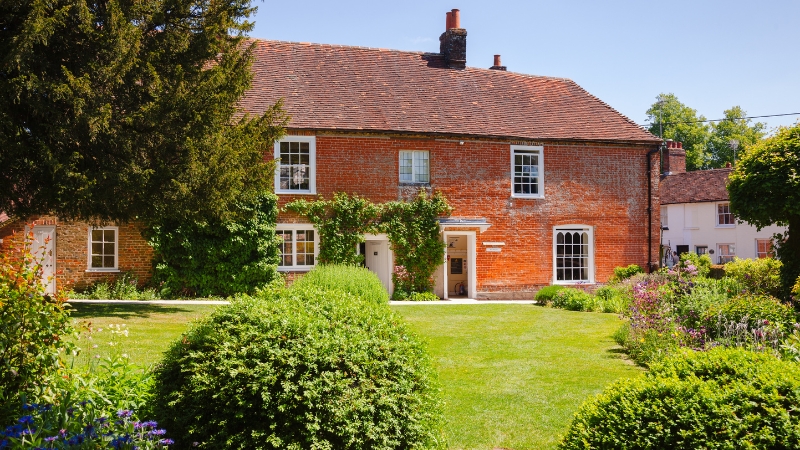Categories
How Long Should I Fix My Mortgage For?
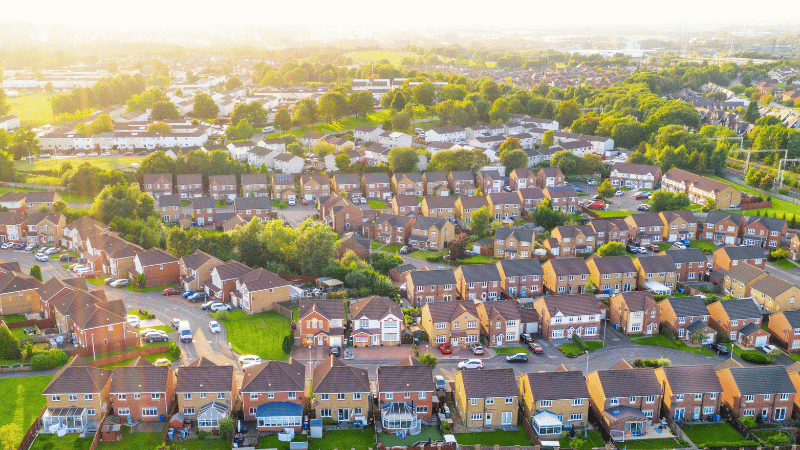
Understanding how mortgage interest rates and the difference between fixed rate deals and variable rate mortgage can be difficult - there’s a lot to get your head around.
Key Takeaways
-
Think about your personal need for stability:
- Fixed-rate mortgages offer stability in monthly payments, which can be crucial for budgeting.
-
Your life plan:
- Longer fixed terms can be better for stable situations and long-term residency plans.
- Shorter terms offer more flexibility for changing circumstances.
-
Interest rate differences:
- Longer fixed terms typically have higher interest rates.
- Shorter terms may have lower rates but carry the risk of rate increases upon renewal.
-
Early repayment charges (ERCs) and portability:
- ERCs can be significant if you need to change your mortgage mid-term.
- Check if the mortgage is portable if you might move house during the fixed term.
-
Short-term vs. Long-term fixed rates:
- Short-term: Often lower rates, more flexibility, but potential for rate increases later.
- Long-term: Often higher initial rates, but protection against future rate hikes and less frequent remortgaging.
-
Economic factors:
- Fixed rates protect against market volatility but may result in higher payments if rates fall.
-
Seek advice: Mortgage decisions are complex; consult with an adviser if you need to.
Let's dive into the finer details.
And to speak to an adviser about what's best for your situation, please get in touch below.
Contents
Short-Term vs. Long-Term Fixed Rate Mortgages
The Big Picture
What Affects the Mortgage Interest Rate?
What Exactly is Fixed Rate, Variable Rate, and SVR?
What to Consider For a Fixed Rate Mortgage
Getting Advice - The Key for Making Mortgage Decisions
Short-Term vs. Long-Term Fixed Rate Mortgages
So, how long should you fix your term for? Let’s summarise some of the pros and cons of the different options:
Short-Term Fixed Rate (2 year, for example)
- PRO: Usually lower fixed interest rate
- PRO: Stable budgeting for the term
- PRO: Good to settle in and understand mortgages
- PRO: Short term means flexible options sooner rather than later
- PRO: Good in times of national financial instability
- PRO: Good flexibility if you are unsure of how long you want to stay in your home or other personal considerations
- CON: Can mean losing a good fixed deal early if rates rise
- CON: The need to revisit mortgage decisions happens again when the short term ends
Long-Term Fixed Rate (5 year or longer, for example)
- PRO: Stable budgeting for many years
- PRO: ‘Fixed and forget about it’ attitude to the mortgage
- PRO: Can often be ported if you move in the term
- PRO: Possible to make huge savings during the term if rates rise
- CON: Potential for massive (and unexpected) rate hike when the fixed term ends
- CON: Suffer from larger interest rate for a long term if the economy improves
- CON: Early repayment charges if you need to remortgage

The Big Picture
The UK mortgage landscape is settling after a few years of particular volatility. Whether you want to lay the blame directly at Liz Truss’s door; point the finger at Brexit, COVID, or worldwide instability; or are happy to just blame governments in general, the fact remains that during late 2021, the mortgage market was shaken so seriously that it’s taken years to recover - and is still nothing like it was.
What is the best thing to do? Fix your mortgage when you know what the rate is - at least that way you can work out the payments for the next few years - or gamble that they’re going to drop in the future and a better rate will offer itself?
What about the terms and conditions of your mortgage and how early repayment fees can make any potential savings obliterated?
These and many other factors go into making an informed decision.
What Affects your Mortgage Interest Rate?
There are five main factors that have a great impact on any mortgage interest rate you are able to secure, including:

The Bank of England base rate
This is the rate that banks use when lending money to each other and has the greatest initial impact on your mortgage rate.
Inflation and thus, the base rate, are heavily affected by many external global factors, making it very difficult to predict what will happen.
Related: Are Mortgage Rates Going Down?

Loan-to-value
Loan-to-value (LTV) is a significant influencing factor in determining mortgage rate - the more deposit you can offer (and thus the smaller LTV you need), the less risk the mortgage is for the lender and the more likely you will be to get a superior rate.

Your reliability as a borrower
The mortgage interest rate you are personally offered will be affected by your credit history and your risk assessment as a borrower.
Having a strong credit rating will give you access to superior mortgage products with more preferential rates. Similarly, your affordability assessment, which determines your income stability and debt-to-income ratio will have an impact.

The type of property
Mortgage lenders are businesses and they look as the potential future possibility of repossessing the property for resale if you are unable to keep up your mortgage repayments.
For this reason, they may adjust the rate based on the perceived difficulty of selling on the property. Properties in unusual locations, or of unusual construction are therefore likely to affect the mortgage interest rate.
In extreme cases, the property type may make obtaining a mortgage very difficult and limit your potential loans to those from specialised lenders only.

The mortgage deal
Fixed rate mortgages typically have slightly higher set rates to variable rate mortgages (at least at the outset) to offset the security of the fixed rate deal.
Related: Fixed or tracker mortgage?

What Exactly is Fixed Rate, Variable Rate, and SVR?
Before choosing if you should opt for a fixed or variable rate, it’s important to understand the differences.
Fixed Rate Mortgages
Fixed rate mortgages are designed for peace of mind and stability. offering a period of time (term) during which time the interest rate of your mortgage will not change - it is fixed.
Fixed rates last for a number of years, typically two years, five years, or ten, although they can be provided for longer periods or adjusted based on your need.
When your fixed period ends, your mortgage will be changed to a standard variable rate or SVR mortgage, where the interest rate is no longer fixed.
As your mortgage interest rate determines your monthly mortgage repayments, when the rate changes, so too does your monthly outgoings.
Fixed rate mortgages tend to be preferred by many people, not least because of the stability of knowing how much your mortgage payment will be each month - variable rate mortgages can be a lot harder to plan for.
Of course, the inverse is also true, and when interest rates rise, as has happened in recent years, you are comfortable paying the same amount each month without any increase.
Remember, however, that fixed rate terms do eventually end and when they do, you may see a significant jump in your monthly mortgage outgoings.
Fixed rate mortgages also tend to be less flexible, meaning there are early repayment charges (ERCs) that will be added if you try to switch deals before the term ends.
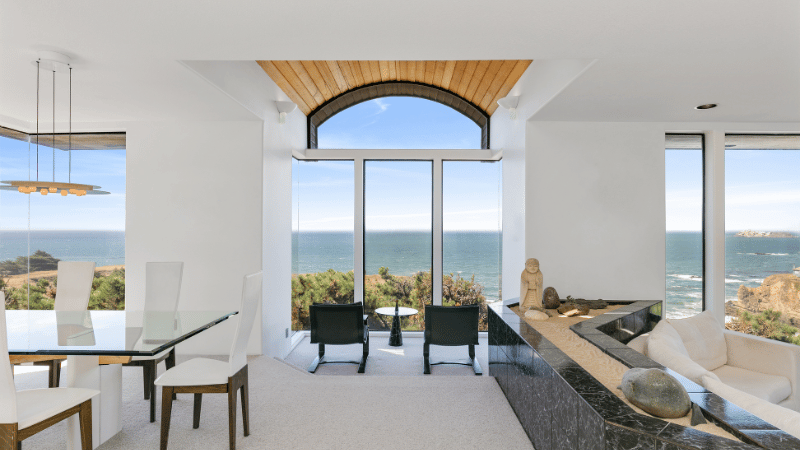
Variable Rate Mortgages
Variable rate mortgages are those which are not on a fixed rate. Your monthly payments may go up or down based on the interest rate, making it harder to budget but providing other advantages.
There are three main types of variable rate mortgage:

Standard Variable Rate (SVR)
SVR is the default interest rate that is applied whenever a term at a different rate ends and is rarely the best deal possible.
Typically, having your mortgage on the standard variable rate only occurs when you are not consciously aware of your mortgage and let it just run on without thinking.
SVR is determined by the lender. While it generally follows the base rate, it does not always do this as closely as possible, and lenders are free to adjust the rate as they see fit. This makes SVR mortgages both more expensive and more unpredictable.
At Clifton Private Finance, we would rarely suggest you leave your mortgage on the standard variable rate if other options exist.

Tracker Mortgages
A tracker mortgage follows (or ‘tracks’) the Bank of England base rate as closely as possible (plus or minus a fixed percentage). When the base rate rises, so do your mortgage payments, and when the base rate falls, your repayments drop in line with it.
As mentioned earlier, the Bank of England adjust the base rate to fight inflation, which means if inflation rises, it is extremely likely that the base rate rises, too - and along with it, your monthly mortgage repayments. People on tracker mortgages tend to have a keen interest in the country’s economy for this reason, as it has a more direct impact on their personal monthly finances.
As a benefit, when the base rate drops, it brings your mortgage payments down with it - again in a clear and transparent way. This makes tracker mortgages one of the preferred variable rate options.

Discounted Variable Rate
A discounted variable rate crosses some of the aspects of a fixed rate with the SVR.
It works by applying a discount to the SVR for a set term, such as two, three, or five years. Your mortgage still rises and falls as it would on the SVR, but always at a cheaper level.
As with fixed rate mortgages, however, discounted variable rate mortgages are less flexible and suffer from the sudden change in repayments when the term ends, jumping from the discounted rate to the standard variable rate.

Capped Rate Mortgage
A capped rate mortgage is a version of SVR that offers a guarantee that the rate applied will never exceed an upper limit (or ‘cap’).
The capped rate mortgage follows SVR in all ways until the SVR rises above the cap, at which point it is limited to that value.
Capped rate mortgages have the flexibility of an SVR mortgage but with a little extra reassurance that you won’t suffer huge rate increases should external forces make the SVR rise rapidly.
What to Consider For a Fixed Rate Mortgage
It can seem as if a fixed rate mortgage is always the best option, however this is not the case and it’s important to consider several factors:
Your personal need for security
The biggest advantage of a fixed rate mortgage for many is the security it offers. It can be extremely important to many homeowners to know that the amount they must pay on their mortgage is a known quantity that isn’t going to change the following month.
Your fixed rate mortgage will eventually come to an end, however, and this must be planned for.
Your financial situation and life plan
Fixed rate mortgages work well for people who are in a stable and constant financial situation. Are you getting a mortgage for a home you plan to be in for many years to come? If not, then the inflexibility of a fixed rate mortgage term may not be for you.
Engagement with external economic factors
Fixed rate mortgages are also beneficial for those who have little interest in the larger economical changes in the country.
If you are the type of person who wants to get on with your life without worrying about things like inflation or the government’s policies on lending, then a fixed rate term provides you with a simple schedule of payment that can be relied upon for years.
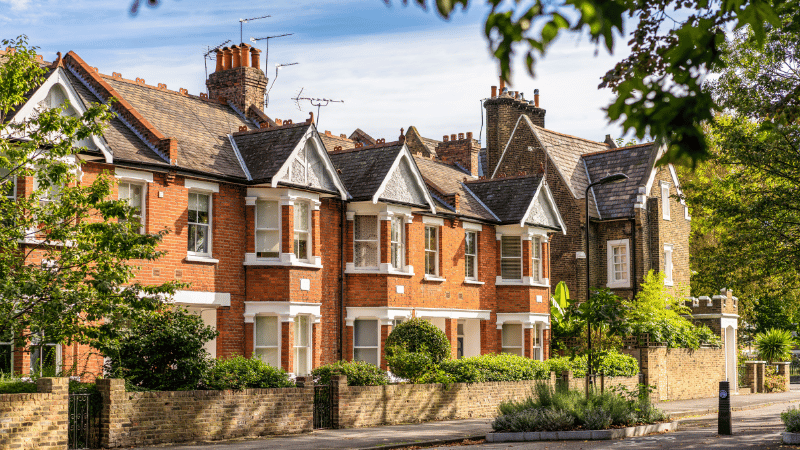
The length of fixed rate terms and the interest rate differences
The interest rate on different fixed rate terms will vary, with longer fixed rate terms (such as ten years) being higher than those on shorter terms. Sometimes, choosing a shorter term allows you to settle into your mortgage and gives you time to consider your options at the end of the rate - perhaps looking at a longer fixed rate at that time.
Of course, this comes with its own risk, as if rates rise considerably during your fixed rate, then you will come off it having to jump up for the next fixed rate period of your mortgage life.
At Clifton Private Finance, our mortgage advisors work with clients every day on this difficult quandary and complicated financial balances.
Speak to one of our fixed rate experts to get a better understanding of the options available and to crunch some numbers to see what might be better (and more cost-effective) for you.
Factoring early repayment charges and porting
ERCs (early repayment charges) can be significant enough to undo all the good work your fixed rate has done over the years if you find yourself in a situation when you have to make a change to your mortgage.
This could be, for example, if your work situation changes, you need to move to another area of the country, or simply that mortgage rates drop to a point midway through your term that means you want to make a change.
Make sure you understand the ERCs and portability associated with any mortgage you are considering and factor them in to any plans.
Getting Advice - The Key for Making Mortgage Decisions
Mortgages can be complicated, with many factors that make an informed decision a difficult thing - thankfully, there are professionals who deal with these issues every day and are available to help you make the right choices.
At Clifton Private Finance, our specialist mortgage team work tirelessly to keep abreast of mortgage rates and the various deals in the vast UK marketplace.
We will work with you to look at the options available for your specific circumstance and help you weigh up the pros and cons to make the right decision. Contact us today with any questions you may have about how long you should fix your mortgage.








